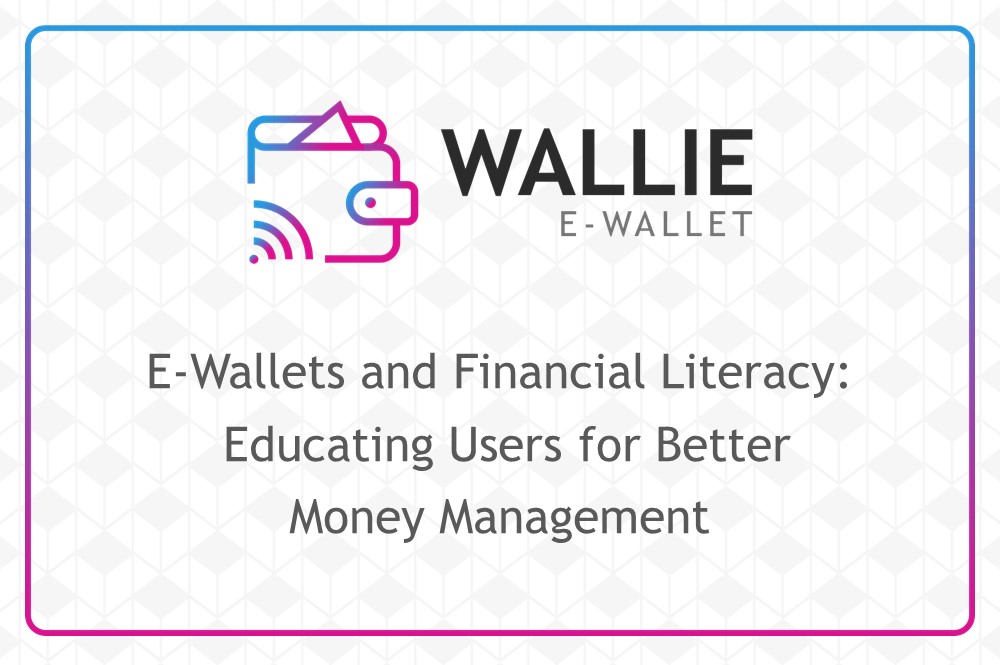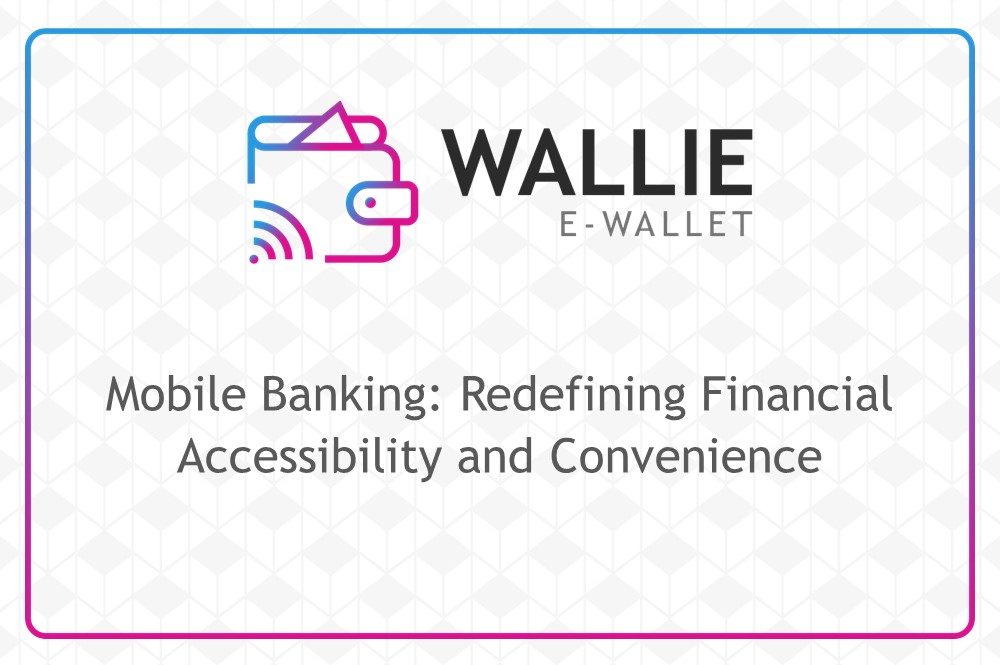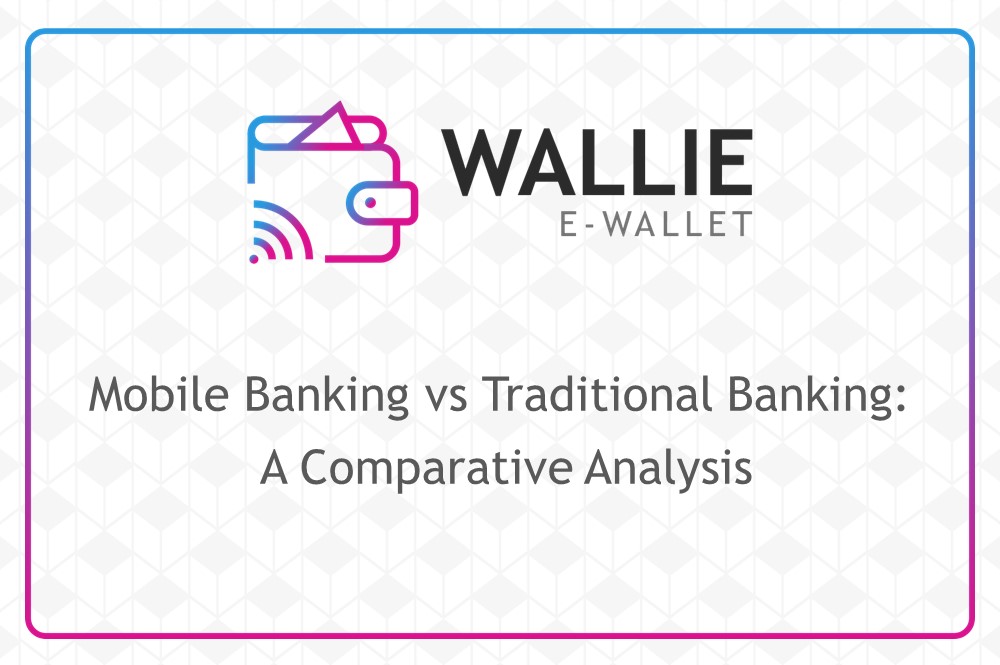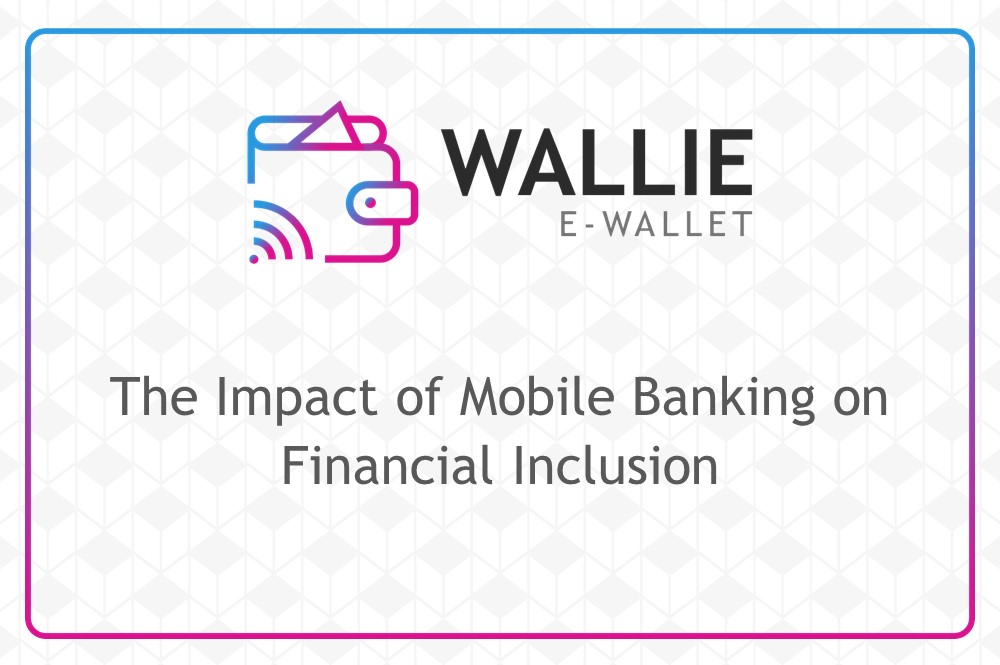E-Wallets and Financial Literacy: Educating Users for Better Money Management
Oct 01, 2024 - 2 MINS READ

In today's digital age, e-wallets are not just tools for making payments; they also serve as powerful platforms for enhancing financial literacy and improving money management skills among users. By leveraging technology and accessibility, e-wallets empower individuals to take control of their finances effectively. Here's how e-wallets contribute to educating users for better money management:
Accessibility and Ease of Use:
E-wallets simplify financial transactions with intuitive interfaces that make managing money straightforward. This ease of use encourages users to engage actively with their finances, check balances regularly, and monitor spending habits more effectively.
Budgeting Tools and Features:
Many e-wallets offer built-in budgeting tools that categorize expenses, track spending patterns, and set financial goals. These features provide users with real-time insights into their financial health, enabling them to prioritize expenses and save more efficiently.
Financial Education Resources:
Some e-wallet providers integrate educational resources within their platforms. These resources include articles, tips, and tutorials on topics such as saving, investing, debt management, and retirement planning. By accessing these materials, users can expand their financial knowledge and make informed decisions about their money.
Transaction History and Analysis:
E-wallets maintain detailed transaction histories, allowing users to review past expenditures and identify areas where they can adjust their budget or cut costs. This feature promotes financial awareness and accountability, prompting users to reflect on their spending habits and make necessary adjustments.
Security and Transparency:
E-wallets prioritize security measures such as encryption, two-factor authentication, and real-time transaction alerts. These safeguards protect users' financial information and foster trust in using digital platforms for financial management.
Promotion of Financial Responsibility:
By facilitating cashless transactions and reducing reliance on physical currency, e-wallets encourage users to adopt responsible spending habits. They provide a convenient alternative to cash while promoting a mindset of financial responsibility and accountability.
Community and Support:
Some e-wallet platforms offer community forums or customer support services where users can seek advice, share experiences, and learn from others' financial journeys. This community aspect fosters a supportive environment for users to enhance their financial literacy and skills.
Conclusion:
E-wallets play a crucial role beyond facilitating transactions; they empower users with tools and resources to improve their financial literacy and manage money effectively. Through accessible interfaces, robust budgeting features, educational content, and strong security measures, e-wallets contribute significantly to shaping financially savvy individuals in the digital era.







